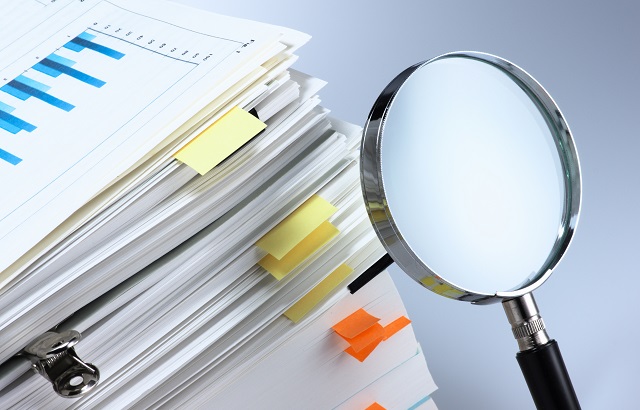There has never been more tax transparency than today. With the Common Reporting Standard (CRS) now in full flow, tax offices across the world are keeping track of taxpayers’ offshore assets and accounts through the automatic exchange of information.
And they are increasingly starting to follow up on discrepancies, warns Jason Porter, director at Blevins Franks.
In the case of the UK taxman, where declarations do not match offshore information received under CRS, they have been sending out ‘nudge letters’.
These are prompting taxpayers to check and correct details of overseas income and gains on their UK tax records or potentially face a tax investigation.
“Legitimate cross-border tax planning has always been crucial,” said Porter.
“But with such heightened worldwide scrutiny it is more important than ever to ensure the right taxes are being paid, in the right place, at the right time. If anything goes it wrong – even unintentionally – the penalties can be severe.”
Four years on
CRS came into effect in 2016, when the early adopters began collecting information on financial accounts held by non-residents.
The first actual exchange took place in 2017 between 49 jurisdictions; including the UK, Spain, France, Portugal, Cyprus and Malta.
Today, over 100 countries are co-operating.
In 2019 alone, they shared details on 84 million offshore accounts covering total assets of €10trn (£9.07trn, $12.1trn).
The financial institutions obligated to report information each year include banks, custodians, certain investment entities and insurance companies, trusts and foundations.
Besides basic contact details, country of tax residence and tax identification number, the focus is on financial assets owned outside the country of residence.
This includes investment income (interest, dividends, income from certain insurance contracts, annuities etc.), account balances and gross proceeds from the sale of financial assets.
When local tax offices receive CRS information, they can easily verify whether taxpayers have accurately reported their worldwide income on their income tax and, where relevant, wealth tax returns.
Tougher penalties
In the last decade, the UK government introduced over 100 measures and 200 taskforces targeting tax avoidance.
Today, CRS plays a key ongoing part in the taxman’s strategy. Using its ‘Connect’ analysis programme, it can cross-check data received from abroad with its own (including details on salaries, bank accounts, loans, property, car ownership etc).
In 2018/19, HMRC received £560m from offshore tax investigations – 72% more than the year before CRS data collection began.
Recent tougher penalties for undeclared offshore income and gains include an unlimited fine and up to six months in prison.
The March 2020 UK budget allocated extra funding, staff and resources to further scale up its tax evasion scrutiny.
To deter aggressive tax planning and uncover information not usually captured through CRS, the EU has brought in new reporting obligations for cross-border tax arrangements by advisers, accountants and other third-party professionals.
“While the EU directive, known as DAC6, has been passed into UK law and was supposed to come into force on 1 July 2020, the EU delayed it by up to six months due to the coronavirus pandemic,” said Porter.
“When it does begin in 2021, relevant cross-border activity going back to 25 June 2018 – including certain arrangements using companies and trusts – must be declared by intermediaries across the EU.
“Despite Brexit, the UK will likely retain its obligations to gather and share relevant information under DAC6 as part of its commitment to tackle tax evasion.”
No licence post-Brexit
If a client is tax resident in one country and has assets or earn income in another, take extreme care. They need to follow the local tax rules, the UK tax rules and also the relevant double tax treaty to make sure they are correctly declaring income and paying tax where they should be.
“While cross-border taxation is highly complex, getting it wrong – for any reason – can have serious consequences,” said Porter. “Ignorance is no defence; worldwide assets must be declared and the tax situation brought up-to-date.”
“Beware too that many UK-based banks, advisers and financial providers are set to lose their licence to operate in the EU once the Brexit transition period ends.”








